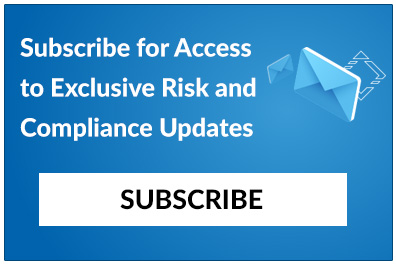360factor Blog
How Banks Can Develop an Effective Framework for IT and Cyber Risk Assessment
Cybersecurity and IT risk management have become quite critical for modern banking operations. Increasing reliance on technology has brought in a new era of convenience and efficiency for customers, allowing them to utilize banking se...
2023 Global Survey Discovered 4 Dramatic Evolutions of Third-Party Risk Management Process
Third-Party relationships have become critical undeniably in the current era, where financial organizations' ecosystems are progressively becoming intertwined. This interconnectivity comes with a complex web of risks that organization...
Top 6 Foremost Practices for Effective Third-Party Risk Management
The importance of effective third-party Risk Management (TPRM) must be addressed in the current era, where financial organizations' ecosystems are progressively becoming interdependent and complex. The EY Global Third-Party Risk Man...
Global Survey Shows Focus on Improved Third-Party Risk Management
Improved Third-Party Risk Management (TPRM) can have very positive effects on a business, as emphasized by the takeaways of the 2023 Global Third-Party Risk Management Study. 9 in 10 participants revealed that their companies invest...
6 Crucial Attributes to Enhance the Efficiency of Your Regulatory Change Management Process
As a chief compliance officer, you must have encountered compliance failures because of an ineffective regulatory change management process. The root cause could be the frequent regulations throughout the financial industry, includi...
How do IT & Cybersecurity Risk Trends Impact Enterprise Strategies
The world of IT and cybersecurity is shifting at a swift velocity in the existing era, bringing new challenges and opportunities for enterprises across the US. As we go into the complex landscape of cyber risk trends, it is paramoun...




